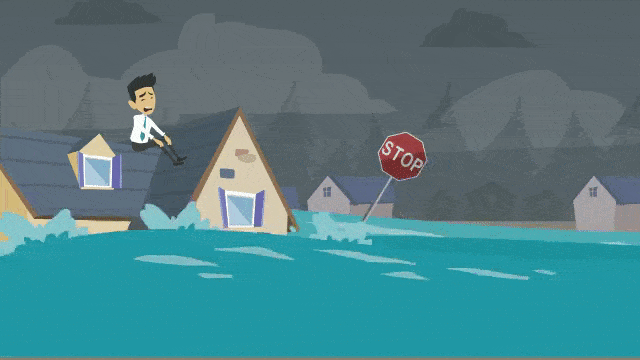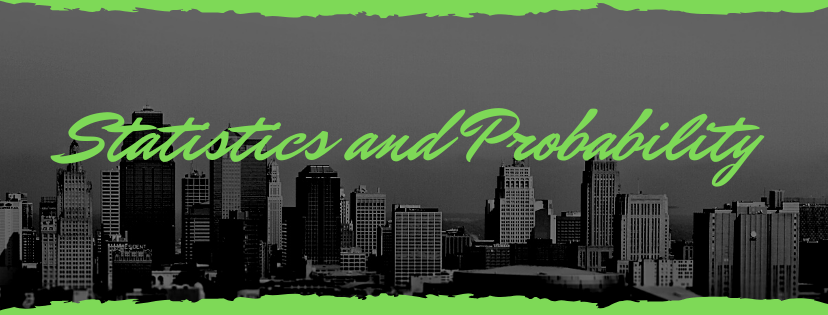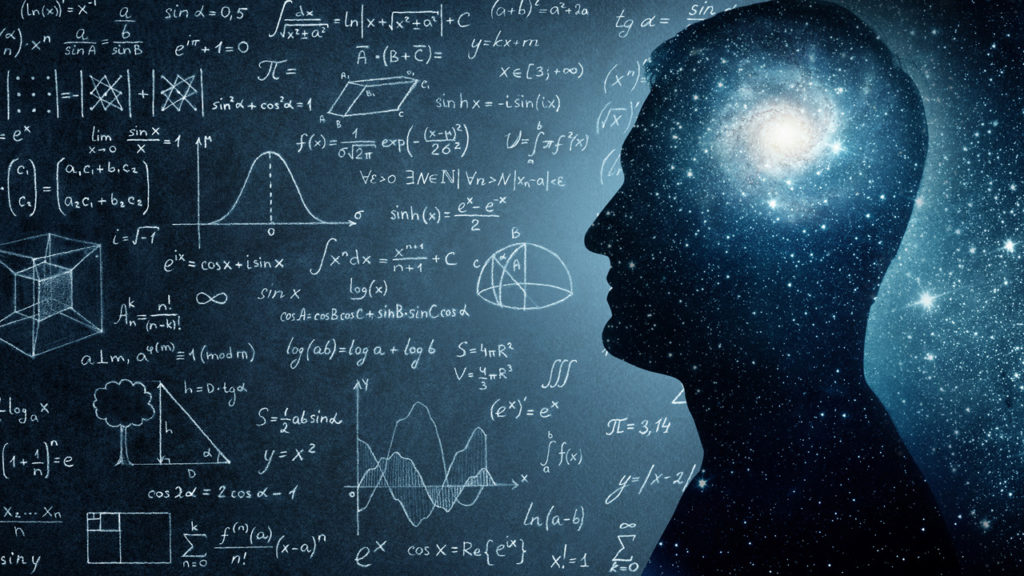
G11 - Disaster Readiness and Risk Reduction Q1-Q2 (For Enhancement-FINAL)
Hello learners!
This course is consistent with the aim of the K to 12 Science Program. It focuses on the application of scientific knowledge and the solution of practical problems in a physical environment. It is designed to bridge the gap between theoretical science and daily living.
Each lesson of this course emphasizes coverage of the basic aspects of natural hazards and disaster. Lesson 1 to Lesson 5 which are Basic Concept of Disaster and Disaster Risk, Hazards that Can Lead to Disaster, Exposure and Vulnerability, Vulnerability across Sectors and Disaster Preparedness respectively. These are introduction to the concepts of hazards, exposure, and vulnerability which are ingredients of disasters. It also lays down the conditions under which potentially harmful events becomes disasters. Lesson 6 to Lesson 11 are Basic Concepts of Hazards, Earthquake Hazards, Volcanic Hazards, Landslides and Sinkholes, Hydrometeorological Hazards and Fire Hazards respectively. These lessons provides background on the aspect of the different types of natural hazards that had been affecting different communities. These include the nature, origin, processes, consequences and the prevention and mitigation of disasters that natural hazards bring. Lesson 12 to Lesson 14 are Concept of Disaster Risk Reduction and Disaster Risk Reduction and Management, Community – Based Disaster Risk Reduction Management and Disaster Preparedness: The Role of the State and the Citizens respectively. These lessons presents wide range of measures that can be done aside from post – disaster efforts.

General Mathematics Q1 copy 1
At the end of the course, the students must know how to solve problems involving rational, inverse, exponential and logarithmic functions; to solve business-related problems; and to apply logic to real-life situations.
Module 1. Functions, Rational, Inverse, Exponential, and Logarithm
Lesson 1 Functions
Lesson 2 Rational Function
Lesson 3 Inverse Function
Lesson 4 Exponential function
Lesson 5 Logarithmic Function
Module 2. Basic Business Mathematics
Lesson 1 Simple Interest Concepts and Problems
Lesson 2 Compound Interest Concepts and Problems
Lesson 2.3 Simple and General Annuities
Lesson 2.4 Deferred Annuities
Lesson 2.5 Stocks and Bonds
Lesson 2.6 Market, Indices for Stocks and Bonds
Lesson 2.7 Business and Consumer Loans
Module 3. Logical Proposition
Lesson 3.1 Logical Simple Propositions
Lesson 3.2 Compound Propositions
Lesson 3.3 Logical Operators
Lesson 3.4 Constructing Truth Tables
Lesson 3.5 Conditional Propositions
Lesson 3.6 Valid Arguments and Fallacies

Disaster Readiness and Risk Reduction (NE)
Hello learners!
This course is consistent with the aim of the K to 12 Science Program. It focuses on the application of scientific knowledge and the solution of practical problems in a physical environment. It is designed to bridge the gap between theoretical science and daily living.
Each lesson of this course emphasizes coverage of the basic aspects of natural hazards and disaster. Lesson 1 to Lesson 5 which are Basic Concept of Disaster and Disaster Risk, Hazards that Can Lead to Disaster, Exposure and Vulnerability, Vulnerability across Sectors and Disaster Preparedness respectively. These are introduction to the concepts of hazards, exposure, and vulnerability which are ingredients of disasters. It also lays down the conditions under which potentially harmful events becomes disasters. Lesson 6 to Lesson 11 are Basic Concepts of Hazards, Earthquake Hazards, Volcanic Hazards, Landslides and Sinkholes, Hydrometeorological Hazards and Fire Hazards respectively. These lessons provides background on the aspect of the different types of natural hazards that had been affecting different communities. These include the nature, origin, processes, consequences and the prevention and mitigation of disasters that natural hazards bring. Lesson 12 to Lesson 14 are Concept of Disaster Risk Reduction and Disaster Risk Reduction and Management, Community – Based Disaster Risk Reduction Management and Disaster Preparedness: The Role of the State and the Citizens respectively. These lessons presents wide range of measures that can be done aside from post – disaster efforts.

Personal Development / Pansariling Kaunlaran
This course makes senior high school students aware of the developmental
stage that they are in, for them to better understand themselves and the
significant people around them as they make important career decisions as
adolescents. The course consists of modules, each of which addresses a key
concern in personal development. Using the experiential learning approach, each
module invites students to explore specific themes in their development.
Personal reflections, sharing, and lectures help reveal and articulate relevant
concepts, theories, and tools in different areas in psychology.








